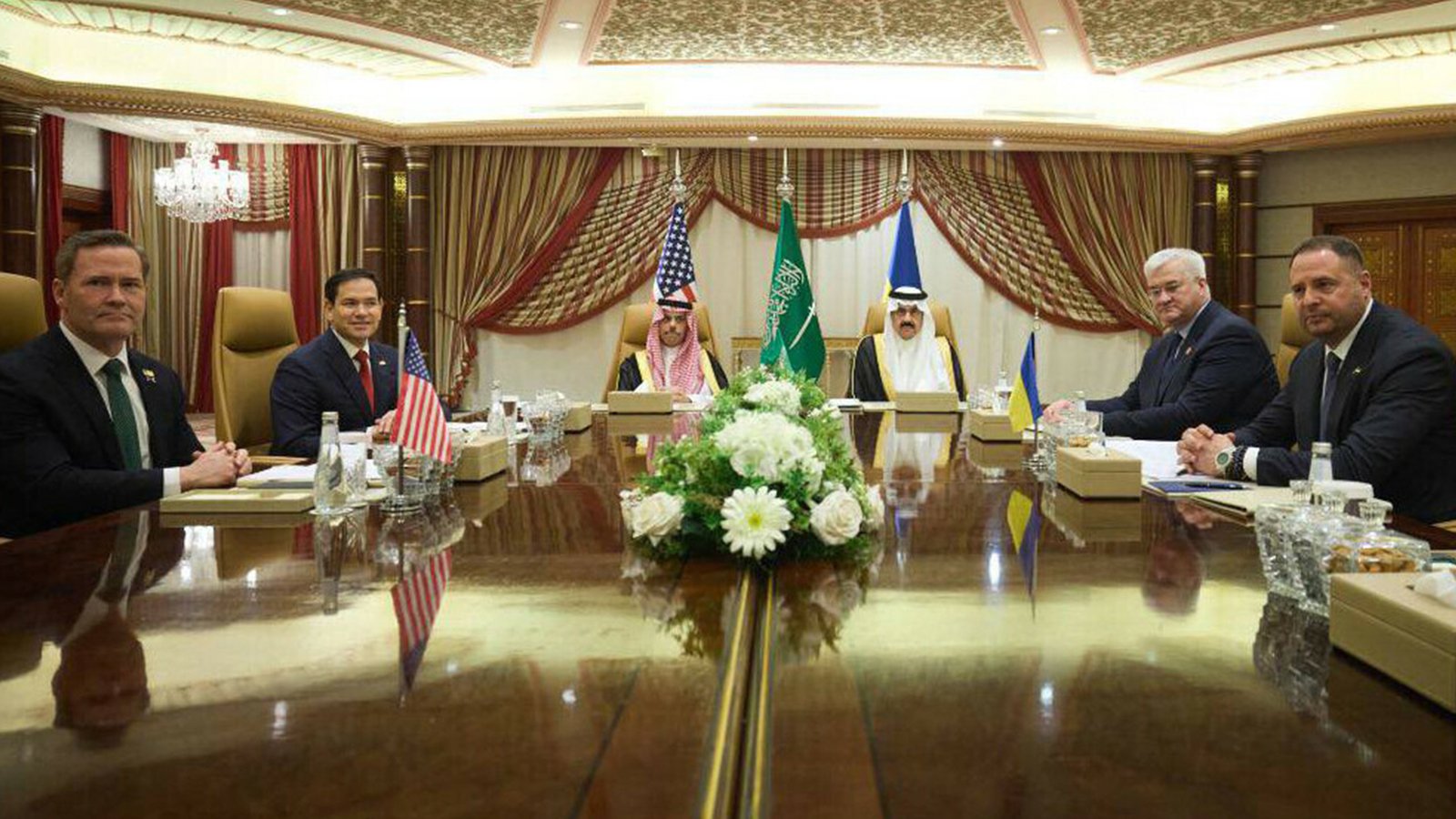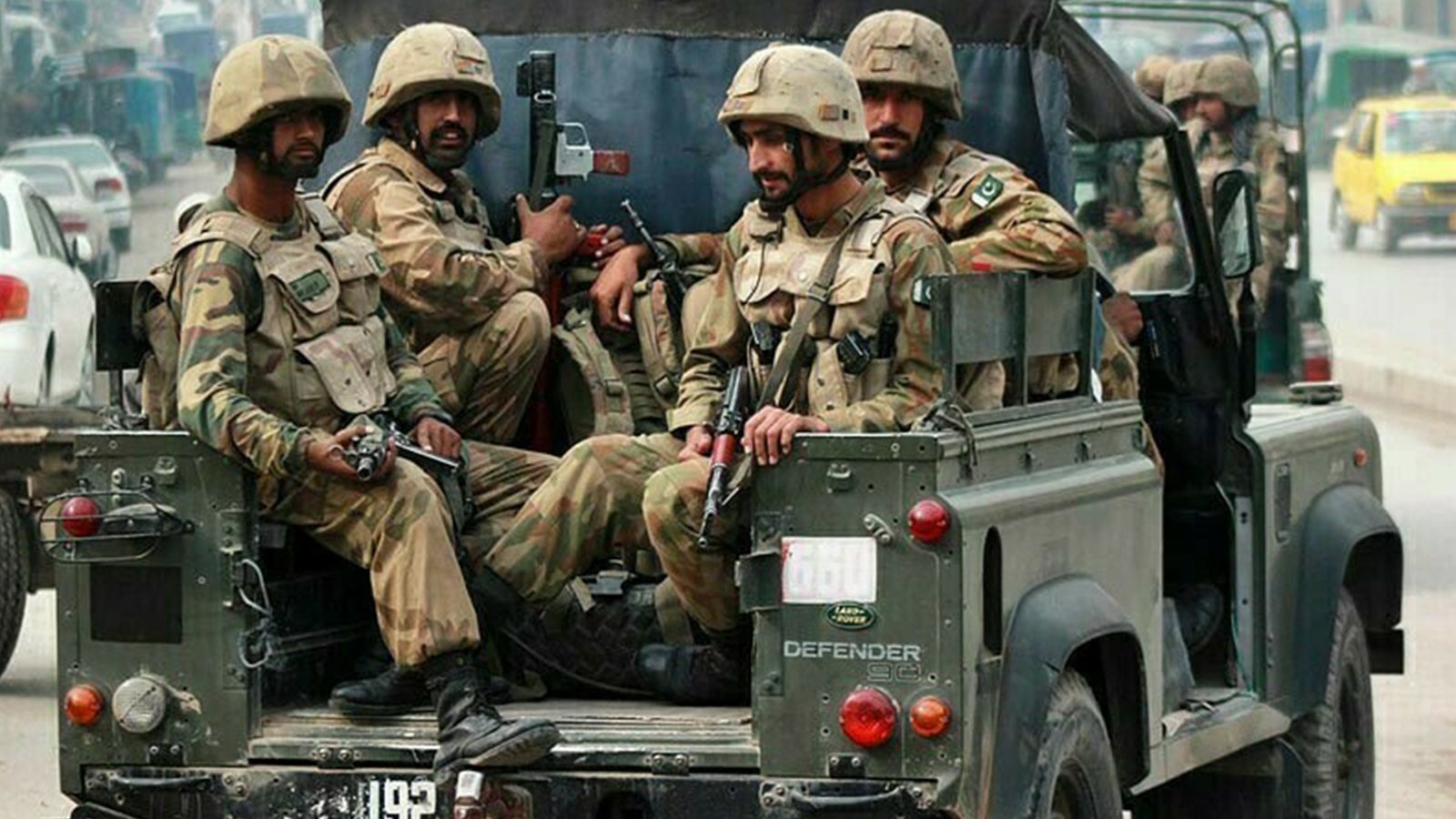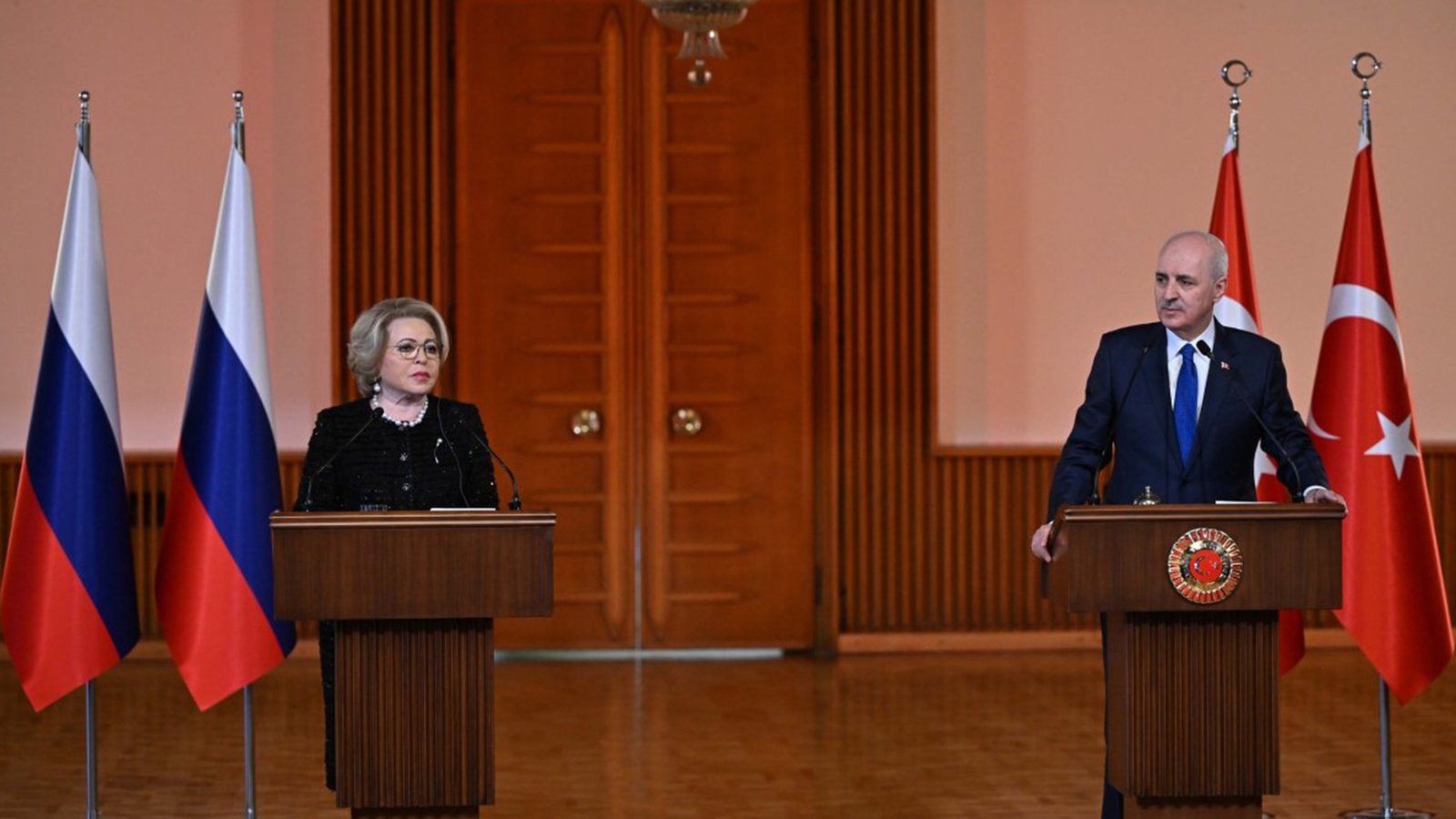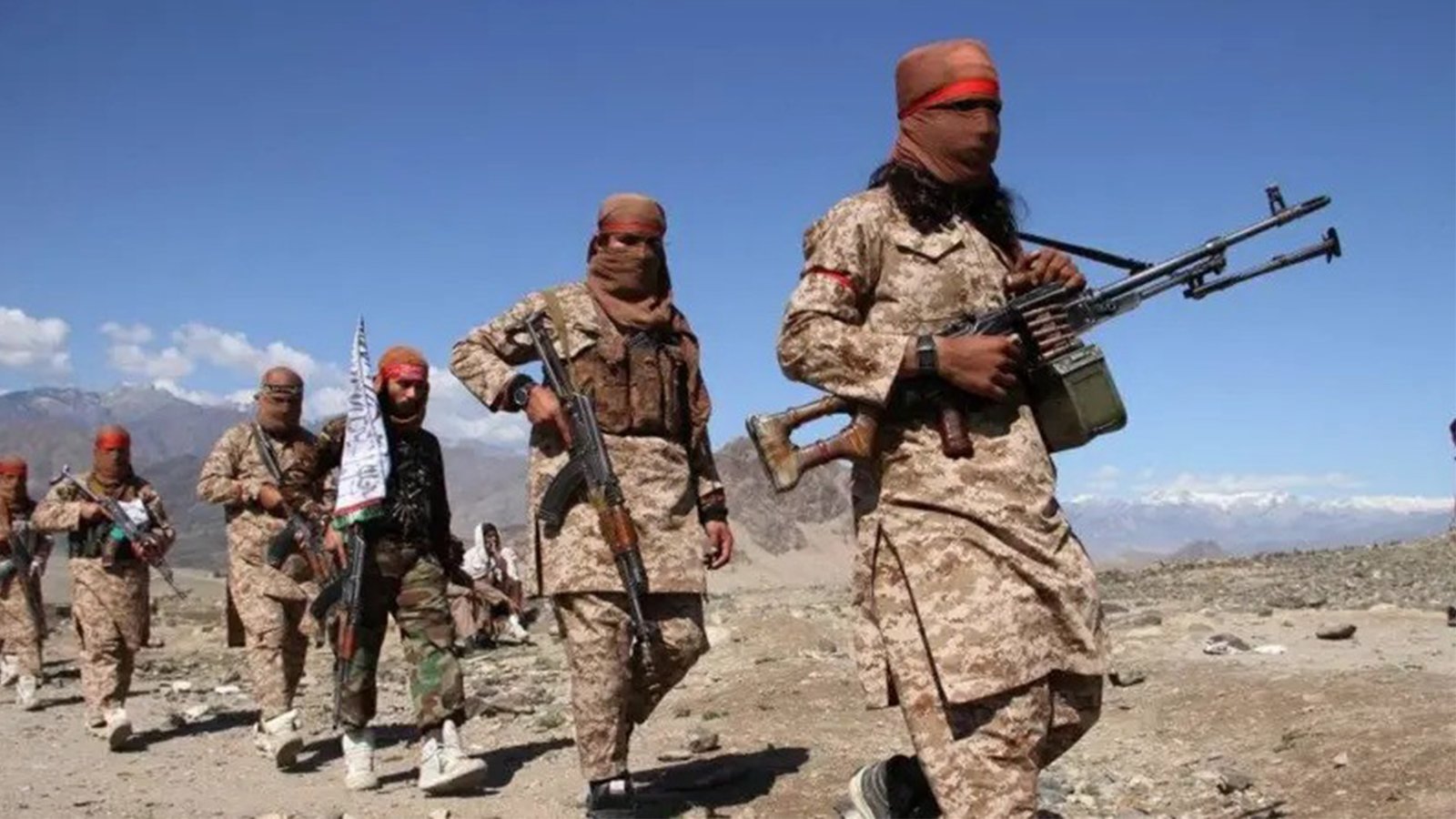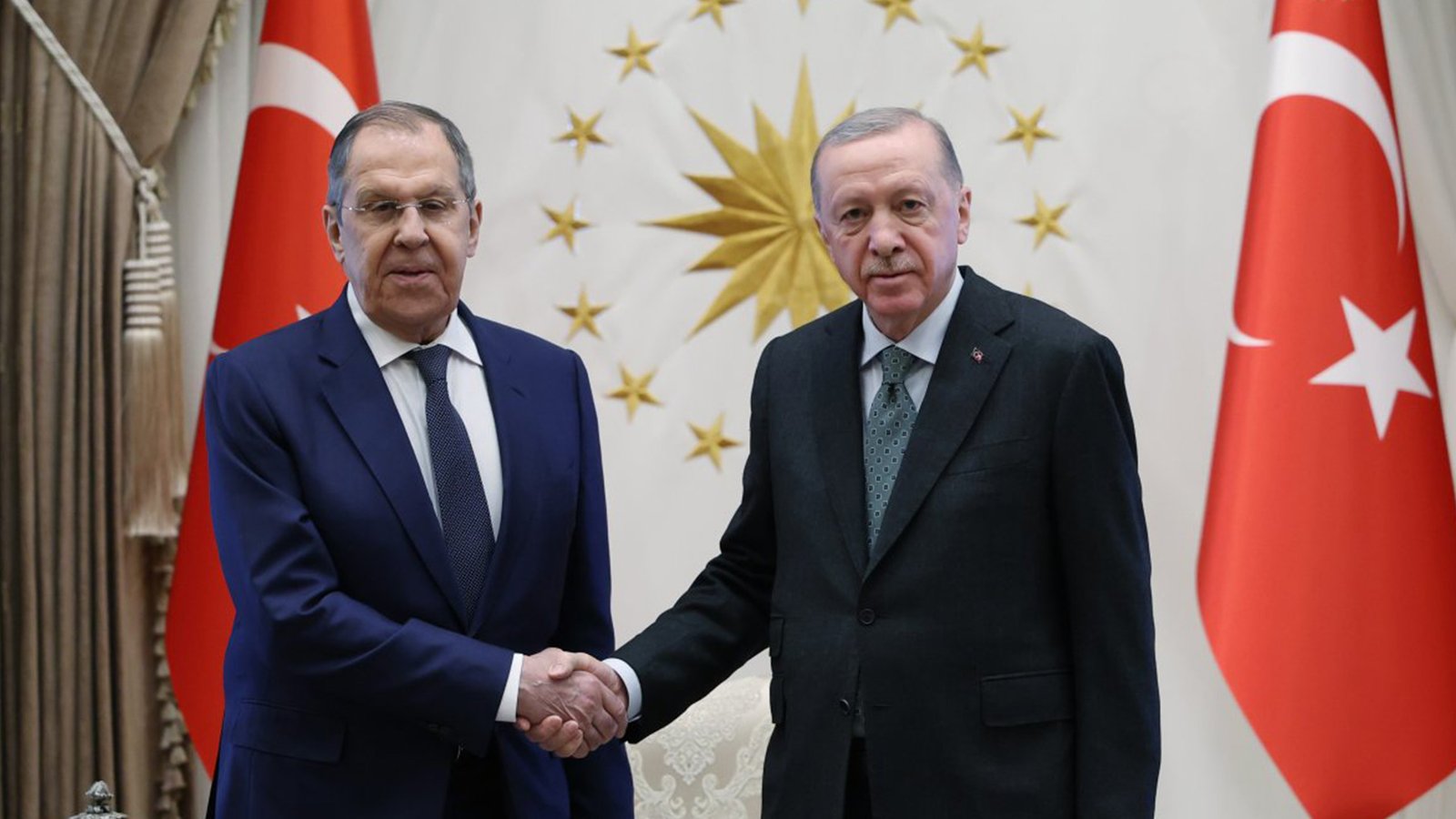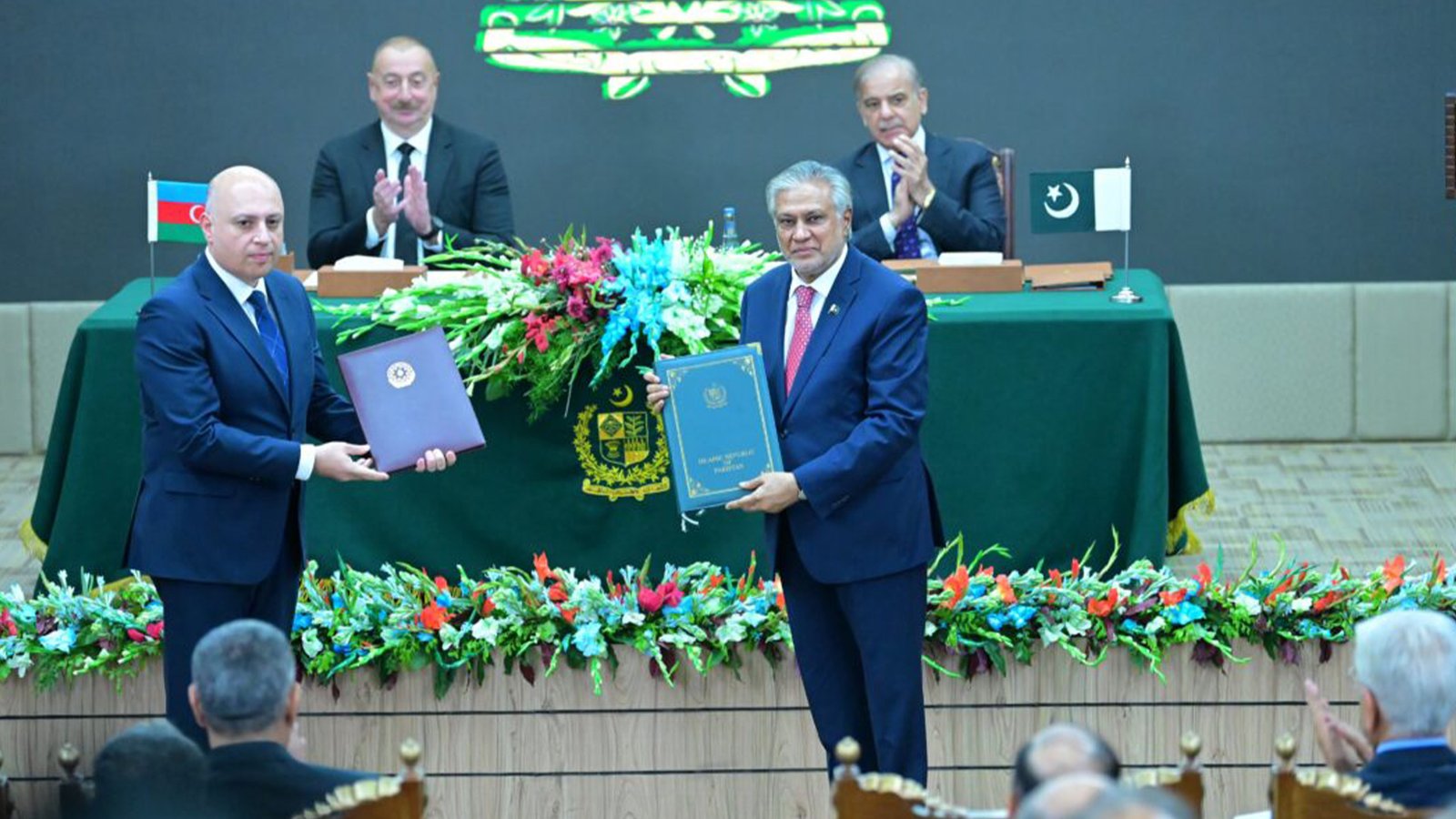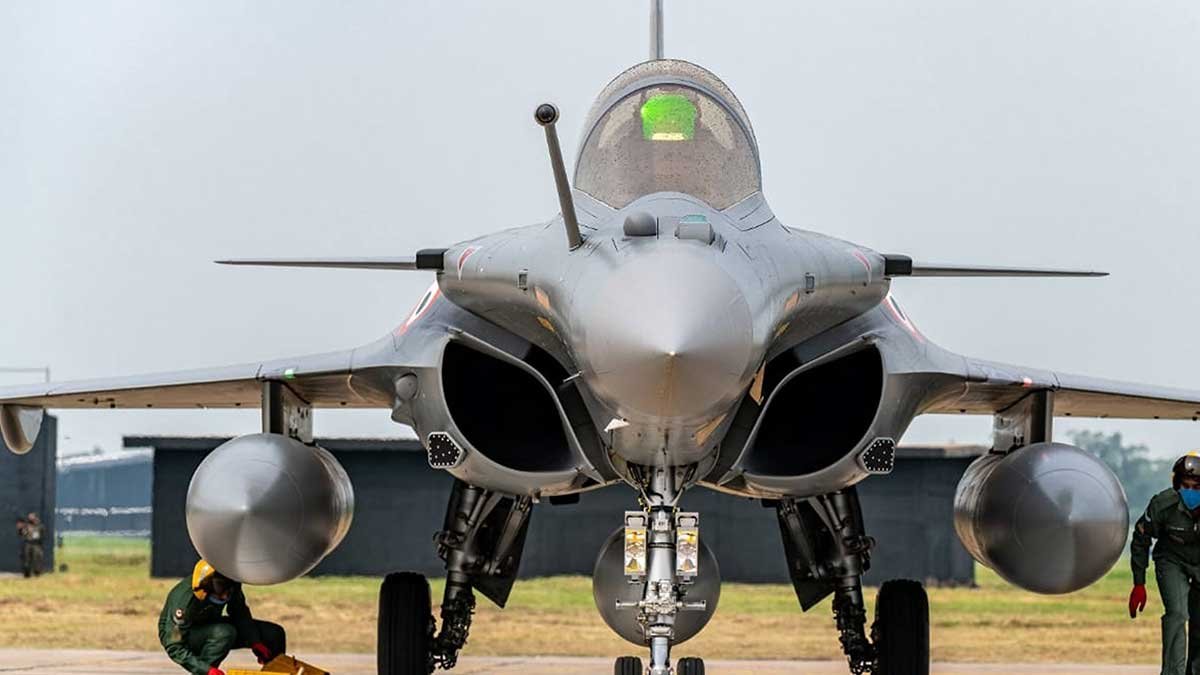Indian Rafale Factor and PAF Options
As you know, the Indian Air Force received five Rafale aircrafts on July 30. Under the agreement, France is to supply 36 Rafale aircrafts to India by the end of 2021. In this article, the writer tried to analyse the Rafale aircraft acquired by India in addition to its capabilities and the readiness of Pakistan Air Force in this regard. We will evaluate what options are currently in place with PAF and what options could possibly be considered for the future.
Procurement and capabilities of Indian Rafale aircraft
India had signed an agreement with France in 2016 to purchase 36 Rafale aircrafts. At the time, it cost 8.7 billion US Dollars. The Rafale acquired by India is of F3R standard or block but has undergone fourteen different modifications or changes to suit the needs of the Indian Air Force. Remember that the advanced version of Rafale F4 Standard is currently being worked on. These fourteen changes are mostly related to Avionics, Indian Rafale uses an improved version of the FSO, the Front Sector Optronics System. And that includes Sigma IRST. In addition, the DASH (Display & Sight Helmet) of the Elbet system for pilots, Changes were also made in radar altimeter for flying in the mountainous region. Cold start capability has been added to its engine to operate from high-altitude airfields. In addition to better jamming pods, Towed Decoys are also included. Remember that we have covered the details regarding Towed Decoys in a video related to JF17 Thunder Block III. The Weapon Package, on the other hand, includes a possible 150 KM range air-to-air meteor missile, as well as a Mica multi-mission missile and a 300-kilometre SCALP long-range cruise missile. Recently, hammer missiles have been added which can hit their target up to 60 km away and especially used to destroy underground bunkers. Earlier, the Indian Air Force intended to integrate the Spice Missile into Rafale, which is already in use by the IAF.
This F3 version of the Rafale used by the French Air Force can also carry nuclear weapons, but India has not confirmed or denied the Nuclear capability of Rafale acquired by them. There is no doubt that the Rafale is a magnificent and multi-purpose aircraft with many features, but we believe that these aircraft will be delivered to India by May 2022 and will take another two to three years to fully join the Indian Air Force and to develop tactics of the said system. In the meantime, let’s talk about how Pakistan can tackle this challenge and what options are available.
The current capability of the Pakistan Air Force:
When it comes to the recent Pakistan Air Force fleet, in the form of F-16 Block 52, PAF has a suitable option for Rafale. Furthermore, I would like to share with you the details of the aerial exercise that took place in 2013. The annual Advanced Tactical and Leadership Course (ATLC) at Al-Dafra Air Base in the UAE is a several week exercise. The said exercise was attended by the American F-15 Eagle, and the F-22 Raptor, the UK’s Eurofighter Typhoon, France’s Rafale, the UAE’s F-16 Block 60, Mirage 2000, Jordan’s F-16 MLU, and Pakistan’s F-16 Block 52. The first week of these exercises was very disappointing for the Pakistan Air Force, but by the end of the first phase, the PAF pilots were somewhat able to save their reputation with a 50/50 ratio. But as soon as they figured out the tactics and manoeuvres of the opposing planes, the Rafale, the F-15 and the Eurofighter, they regrouped, debriefed and re-planned their mission, this time with an aggressive strategy and in the second week, the chief umpire of the exercise, who was from France, came exclusively to the Pakistan Air Force camp because this time our pilots had subdued the opponents with their skills. And this Chief Umpire praised the pilots of the Pakistan Air Force with the words: “You Pakistani’s are killing machine”.
The skills and capabilities of our pilots have always been the hallmark of the Pakistan Air Force and thank God our Shaheens has celebrated it in 1965, 71 and 2019. When those who relied on the numerical and technological superiority had to face & ran many times.
According to me, Pakistan can cope well to the current challenge with the current fleet and through the upcoming JF-17 Block III aircraft. And there is no big threat in this regard that would be difficult for the Pakistan Air Force to deal with.
However, following the statement of the Chief of Air Staff that the Pakistan Air Force will take all possible steps to maintain the balance of airpower in the region and may add new aircraft if necessary. According to various defence observers, the Pakistan Air Force may buy one of the J10C, Eurofighter Typhoon and SU-35 aircraft in limited numbers. And so psychologically and practically it can eliminate this superiority.
However I believe, the Pakistan Air Force has no practical advantage in purchasing any of these new aircraft but will have to go through a difficult financial situation in terms of costs and maintenance. And of course, with the addition of any new aircraft, it will take time for the pilots to master its tactics and capabilities, as we have mentioned with reference to the Indian Air Force regarding Rafale. Because not only by focusing more on the capabilities of JF17 Block III, better results can be achieved with fewer resources. Rather, the cost of raising new aircraft and maintenance should be turned to project AZM. There is no doubt that Pakistan will need the support of another country in its project AZM, but the good news is that Pakistan can have significant support from Turkey, China and Indonesia in this regard in the future.
Some of you will surely wonder if the Indian Rafale has weapons & systems such as AESA radar, nuclear weapons capability, cruise missiles with a range of up to 300 km, meteor air-to-air missiles and hammer missiles. So does Pakistan also have such weapons, so friends, the answer to your question is Big Yes, because in the coming days, Pakistan will also have JF-17 Block 3 equipped with AESA radar, and in the form of Ra’ad Cruise Missile there are also long-range cruise missiles that can hit their targets at a range of 350 and 600 km with both conventional and nuclear warheads. In the context of BVR missiles, the Pakistan Air Force currently has a range of 120 km AIM120C. In addition to the AMRAAM missiles, there will also be PL-15 missiles on Block 3 in the coming days, which could have a range of up to 300 km. In the case of air-to-ground missiles, in the form of h2 & h4, we have stand-off weapons, with a range of 60 to 120 km and bunker-buster bombs such as pave-way. Furthermore, the Turkish-made SOM cruise missile, which is expected to be on par with the SCALP missile, could also be integrated into the Pakistani F16s and JF17.
I hope this Article has removed the ambiguity in your mind. If you like this please share it.


